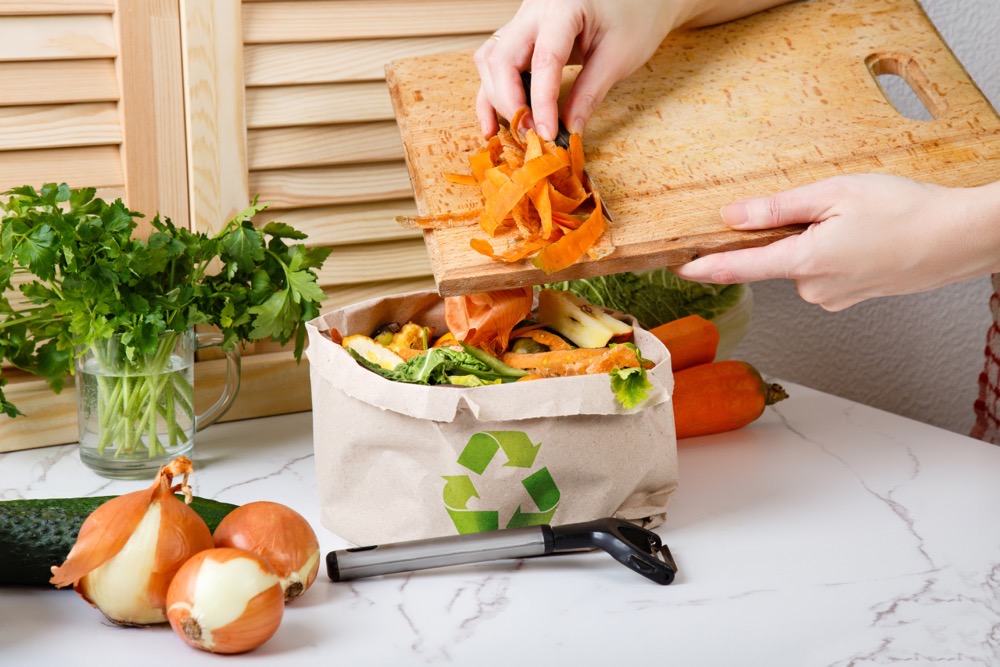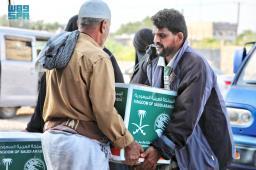RIYADH: Achieving food security and sustainability is a top priority for Saudi Arabia as it works toward building a more inclusive economy. The Kingdom aims to accomplish this by boosting domestic production and investing in international supply chains to secure key commodities that are unavailable locally.
Strategic transformations as well as enhanced international cooperation are both essential in efforts to address global food insecurity, Abdulrahman Al-Fadley, Saudi Arabia’s minister of environment, water and agriculture, said at the recent meeting of G20 agriculture ministers in Brazil.
“There is a pressing need to adopt a long-term transformation for food security and nutrition,” he told decision-makers on the second day of the conference.
“This underscores the need to intensify our efforts and strengthen collaboration to develop pragmatic solutions for building sustainable, healthy and inclusive food systems.”
The G20 agriculture, fisheries and aquaculture ministers met on Sept. 12-13 in Chapada dos Guimaraes, Brazil, to discuss strengthening the resilience and sustainability of food systems across economic, social and environmental dimensions. These sectors are key to achieving the 2030 Agenda for Sustainable Development.
Increased efforts to boost Saudi Arabia’s food production resulted in the country announcing in September 2023 that it had achieved self-sufficiency in fresh dairy products and eggs, with surpluses available for export.
In addition, the Kingdom has significantly increased domestic production of various crops, including potatoes, tomatoes, carrots and onions, as well as red meat.

This progress comes from increased efforts to boost domestic food production by involving all stakeholders, including the private sector and civil society. One notable company is Topian, which was launched by NEOM in 2023.
Topian aims to redefine food production, distribution, and consumption by creating sustainable, innovative solutions in five key areas: climate-proof agriculture, regenerative aquaculture, novel foods, personalized nutrition, and sustainable food supply and environmental, social and governance.
Founded with the support of the Saudi Ministry of Environment, Water and Agriculture, Topian aligns with the goals of the Kingdom’s Vision 2030 plan for national development and diversification. The company is leading efforts to ensure food security, combat climate change, and achieve net-zero emissions by 2060.
“As a wholly owned subsidiary of NEOM, Topian is fully aligned with NEOM’s commitment to providing high-quality food products to the market, and promoting food security and sustainability, while contributing to the Kingdom’s self-sufficiency objectives and long-term economic goals,” said Juan Carlos Motamayor, the company’s CEO.
Opinion
This section contains relevant reference points, placed in (Opinion field)
“Topian is leading the food-security conversation to create a resilient food supply in line with the Saudi Green Initiative and the UN’s Sustainable Development Goals.
“We are not only committing to shaping a transformative global food system, but also to setting a global benchmark by pioneering new technologies and innovative solutions to overcome food-related challenges and create a more secure, sustainable and prosperous future for all.”
Topian has formed several local and international strategic partnerships with organizations committed to reshaping the future of food.
These agreements include collaborations with King Abdullah University of Science and Technology, Tabuk University, Tabuk Fish Company, BlueNalu, Van der Hoeven Horticultural Projects, and Cargill.

Through these partnerships, it aims to drive research and development, leveraging expertise to create innovative and sustainable food-production methods.
The company is also committed to the NEOM CARE partnership, which focuses on educational initiatives to promote local sustainable gastronomy and develop Saudi talent through training opportunities and chef camps.
Another key Saudi initiative aimed at achieving food security is the Center of Excellence for Sustainable Food Security.
Founded by KAUST in 2024, the center focuses on the advancement of technology-driven solutions to help enhance sustainable food production, particularly in arid environments. Its primary goal is to translate research into practical applications that minimize the environmental impact of food systems.
The center is led by Mark Tester, an expert in plant science and agriculture in arid environments, and co-chaired by Brande Wulff, a leader in crop genetics, and Peiying Hong, an expert in environmental microbiology and wastewater treatment.
DID YOU KNOW?
• Food systems are responsible for at least 21 percent of total greenhouse gas emissions, 80 percent of deforestation, and 45 percent of groundwater use, making them the top cause of land biodiversity loss.
• Saudi Arabia is targeting a 75 percent reduction in food waste by 2050, encouraging plant-based diets and sustainably-sourced seafood.
• The Kingdom aims to reduce degraded land by 50 percent by 2050 and achieve land degradation neutrality by 2030.
It aims to address key challenges in resource efficiency, crop improvement, and sustainable biosystems, with the goal of enhancing food security in Saudi Arabia and beyond while minimizing environmental impacts.
“To deliver food to our plates, we need to prepare the land, improve our crops, harvest, process and distribute,” Tester told Arab News.
“Together, these activities are arguably the most environmentally impactful of all human activities, using half of all the land and three-quarters of all the water we use, and the food sector is probably the second-biggest emitter of greenhouse gases.

“All steps in the process need to be improved to increase sustainability, from fertilizer production and the deployment of technologies to increasing our ability to grow fresh fruits and vegetables locally, through to education to improve nutrition and reduce waste.”
The center uses advanced technologies to boost sustainability in the food sector, including artificial intelligence-machine learning, Internet of Things sensors, and computer vision and robotics, all key components of the Fourth Industrial Revolution.
It also employs nanotechnology, such as heat-absorbing nanoparticles that reduce heat load in greenhouses, and biotechnologies such as genomics, gene editing and modifications to enhance crops in ways previously not possible.
Tester said the center has also introduced the Sustainable Food Security Edible Education Program, which is designed to “help reconnect young people with the sources of their food — ultimately plants — and to do this in a way that is fun and engaging, and in a way that kids can immediately relate to; i.e., through food.”
He added: “We all get hungry, several times a day, and if we are growing at least some of our food that we then eat, it reminds us of how our meals end up on our plates. In the Edible Education Program, we help children and their teachers grow plants in the schoolyard and use these for some of their school lunches. It is immediate, direct and fun.”
Saudi Arabia has actively promoted domestic and foreign investments in agriculture, Al-Fadley, the environment, water and agriculture minister, said during the G20 meeting in Brazil. Over the past four years, agricultural loans have surged, contributing to growth of 35 percent in the Kingdom’s agricultural gross domestic product.


































